June 9 stands as one of history’s most eventful days, witnessing the rise and fall of empires, groundbreaking discoveries, and moments that shaped our modern world across centuries of human achievement.
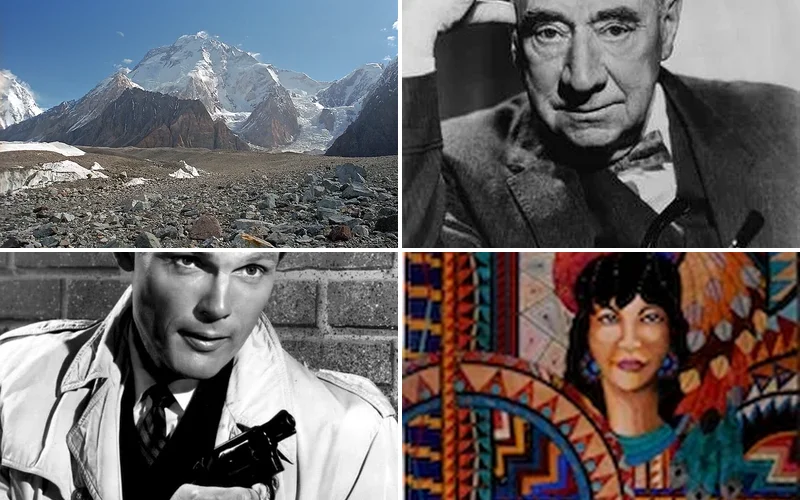
Politics and Government Events on June 9
1915 – William Jennings Bryan Resigns as Secretary of State

William Jennings Bryan dramatically resigned from his position as Secretary of State in President Woodrow Wilson’s administration. The resignation stemmed from fundamental disagreements over America’s response to the sinking of the RMS Lusitania.
Bryan’s departure highlighted the growing tension between diplomatic pacifism and military preparedness. His resignation marked a crucial moment in America’s gradual shift toward entering World War I.
1922 – Åland’s Regional Assembly Convenes
The Åland Islands achieved a historic milestone when their Regional Assembly held its first plenary session in Mariehamn. This marked the beginning of meaningful self-governance for the Finnish archipelago.
The Assembly’s establishment created a unique autonomous arrangement within Finland. Today, this date is celebrated annually as Self-Government Day throughout the Åland Islands.
1923 – Bulgaria’s Military Coup
Bulgarian military forces seized control of the government in a swift and decisive coup d’état. The takeover ended civilian rule and established military dominance over the nation’s political institutions.
This coup reflected the broader instability plaguing the Balkans during the interwar period. The military’s assumption of power would have lasting consequences for Bulgarian democracy and governance.
1965 – South Vietnamese Prime Minister Resigns
Prime Minister Phan Huy Quát resigned from his position after failing to establish effective cooperation with the military junta. His inability to work with General Nguyễn Cao Kỳ’s powerful military faction precipitated the governmental crisis.
The resignation highlighted the fundamental tensions between civilian and military leadership in wartime South Vietnam. This political instability would continue to plague the South Vietnamese government throughout the conflict.
1968 – Johnson Declares National Day of Mourning
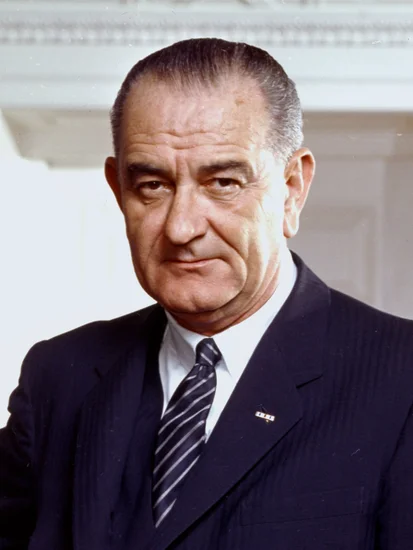
President Lyndon B. Johnson proclaimed a national day of mourning following the assassination of Senator Robert F. Kennedy. The declaration honored the fallen senator and presidential candidate who had been gunned down in Los Angeles.
Kennedy’s death devastated the Democratic Party and altered the course of American politics. The national mourning period reflected the profound grief felt across the nation during this turbulent era.
1978 – Mormon Church Opens Priesthood
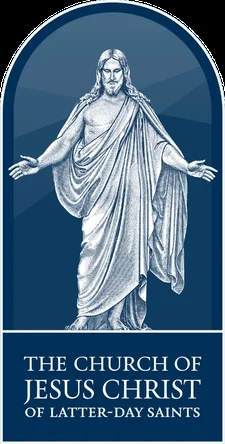
The Church of Jesus Christ of Latter-day Saints announced that all worthy men could now hold the priesthood. This groundbreaking decision ended a 148-year-old policy that had excluded Black men from church leadership positions.
The policy change represented a monumental shift in Mormon doctrine and practice. Church leaders described receiving divine revelation that led to this historic transformation in religious equality.
Military and Naval History on June 9
1944 – Tulle Massacre in France
German troops executed ninety-nine French civilians in the town of Tulle as retaliation for resistance attacks. The soldiers hanged the victims from lampposts and balconies in a brutal display of collective punishment.
This massacre exemplified the savage reprisal tactics employed by occupying forces against French resistance movements. The atrocity remains one of the darkest chapters in the German occupation of France.
1944 – Soviet Invasion of East Karelia
The Soviet Union launched a major offensive into East Karelia and previously Finnish territories occupied since 1941. This invasion marked a significant escalation in the Soviet-Finnish theater of World War II.
The operation aimed to reclaim territories lost earlier in the war and push Finnish forces further back. The invasion would ultimately lead to Finland’s separate peace with the Soviet Union.
1958 – USS George Washington Launched
The United States Navy launched the USS George Washington, marking a revolutionary advancement in naval warfare. This vessel became the first nuclear-powered ballistic missile submarine in naval history.
The submarine’s launch represented a quantum leap in America’s nuclear deterrent capabilities. Its ability to remain submerged for extended periods while carrying nuclear missiles transformed strategic naval doctrine.
1965 – Battle of Đồng Xoài Begins
The Viet Cong initiated combat operations against the Army of the Republic of Vietnam in the Battle of Đồng Xoài. This engagement would become one of the largest and most significant battles of the Vietnam War.
The battle demonstrated the Viet Cong’s ability to conduct major conventional operations against South Vietnamese forces. The intense fighting would continue for several days with heavy casualties on both sides.
1967 – Israel Captures Golan Heights
Israeli forces successfully captured the strategically vital Golan Heights from Syrian control during the Six-Day War. This victory secured Israel’s northern border and eliminated a major threat to Israeli settlements.
The capture of the Golan Heights provided Israel with crucial high ground overlooking the Jordan Valley. This territorial gain would become one of the most contested issues in Middle Eastern diplomacy.
1999 – Kosovo Peace Treaty Signed
The Federal Republic of Yugoslavia and NATO signed a comprehensive peace treaty ending the Kosovo War. The agreement brought an end to months of devastating aerial bombardment and ethnic conflict.
The treaty established the framework for Kosovo’s eventual independence and NATO peacekeeping operations. This diplomatic breakthrough marked a turning point in Balkan stability and European security.
Science and Discovery Milestones on June 9
1948 – International Council on Archives Founded

The International Council on Archives was established under UNESCO auspices to promote archival science worldwide. This organization would become the premier international body for archival professionals and institutions.
The Council’s founding recognized the crucial importance of preserving historical records for future generations. Its work would standardize archival practices and facilitate international cooperation in document preservation.
1957 – First Ascent of Broad Peak

A team of Austrian mountaineers successfully completed the first ascent of Broad Peak, the world’s twelfth-highest mountain. Fritz Wintersteller, Marcus Schmuck, Kurt Diemberger, and Hermann Buhl achieved this remarkable feat.
The expedition demonstrated exceptional teamwork and mountaineering skill in conquering the 8,051-meter peak. Their success added another milestone to the golden age of Himalayan climbing achievements.
1959 – Nobel Prize Winner Dies

Adolf Otto Reinhold Windaus, the distinguished German chemist and Nobel Prize laureate, passed away. His groundbreaking research in steroid chemistry had revolutionized understanding of cholesterol and vitamin D.
Windaus received the Nobel Prize in Chemistry in 1928 for his work on sterols and their connection to vitamins. His discoveries laid the foundation for modern understanding of essential biological compounds.
Cultural and Arts Events on June 9
1930 – Chicago Tribune Reporter Murdered
Chicago Tribune reporter Jake Lingle was assassinated during rush hour at the Illinois Central train station. Leo Vincent Brothers allegedly killed Lingle over a substantial gambling debt owed to notorious gangster Al Capone.
The murder highlighted the dangerous intersection of journalism and organized crime during Prohibition. Lingle’s death shocked the newspaper industry and exposed corruption within Chicago’s media establishment.
1973 – Secretariat Wins Triple Crown

The legendary racehorse Secretariat achieved immortality by winning the U.S. Triple Crown in spectacular fashion. His victory completed one of the most dominant performances in thoroughbred racing history.
Secretariat’s Triple Crown triumph captivated the American public and established him as the greatest racehorse of the modern era. His records in the Kentucky Derby and Belmont Stakes still stand today.
1963 – Painter Jacques Villon Dies
French artist Jacques Villon, a pioneering figure in Cubist painting, passed away after a distinguished career. His innovative approach to color and form influenced generations of modern artists.
Villon’s work bridged the gap between traditional French painting and avant-garde modernism. His artistic legacy continues to inspire contemporary painters exploring abstract and semi-abstract techniques.
1984 – Native American Artist Helen Hardin Dies

Helen Hardin, the renowned Native American painter known for her innovative geometric style, passed away. Her work had revolutionized traditional Native American art by incorporating contemporary techniques and perspectives.
Hardin’s paintings celebrated her Santa Clara Pueblo heritage while pushing artistic boundaries. Her unique vision helped establish Native American artists as significant contributors to American contemporary art.
Religious and Social Events on June 9
1954 – Joseph Welch Confronts Senator McCarthy
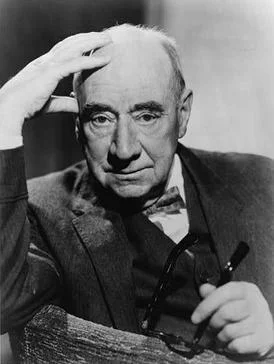
Attorney Joseph N. Welch delivered his famous rebuke to Senator Joseph McCarthy during the Army-McCarthy hearings. His pointed question “Have you no sense of decency, sir?” became one of the most memorable moments in American political history.
Welch’s confrontation marked the beginning of McCarthy’s dramatic fall from power and influence. The attorney’s moral courage in challenging the senator helped turn public opinion against McCarthyism.
1913 – Vampire Legend Subject Dies
Sarah Roberts, the English woman who became the subject of a famous vampire legend, passed away. Her unusual story had captivated local communities and contributed to folklore traditions.
Roberts’ life and death became intertwined with supernatural beliefs of the early 20th century. Her story reflected the persistence of ancient superstitions in modern times.
1997 – Women’s Rights Pioneer Dies

Victoria Woodhull, the pioneering American women’s rights activist, passed away after a groundbreaking career. She had been the first woman to run for President of the United States and the first to address Congress.
Woodhull’s advocacy for women’s suffrage and equal rights challenged Victorian-era social conventions. Her bold activism paved the way for future generations of women’s rights advocates.
Business and Economic Events on June 9
1972 – South Dakota Dam Burst

Catastrophic rainfall caused a dam in South Dakota’s Black Hills to burst, creating devastating floods. The disaster killed 238 people and caused an estimated $160 million in property damage.
The flood highlighted the vulnerability of poorly maintained infrastructure during extreme weather events. The tragedy prompted significant improvements in dam safety regulations and emergency response procedures.
1964 – Press Baron Dies
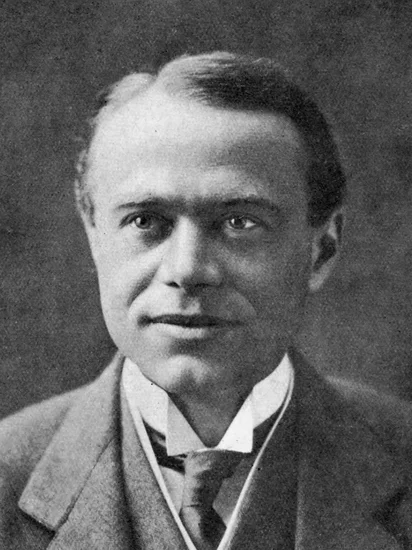
Max Aitken, 1st Baron Beaverbrook, the influential British newspaper publisher and politician, passed away. His media empire had shaped public opinion throughout the first half of the 20th century.
Beaverbrook’s newspapers wielded enormous political influence and helped define British public discourse. His legacy as a press baron demonstrated the power of media ownership in democratic societies.
1994 – Nobel Economist Dies

Jan Tinbergen, the Dutch economist and Nobel Prize laureate, passed away after a distinguished academic career. His pioneering work in econometrics had revolutionized economic analysis and policy-making.
Tinbergen shared the first Nobel Prize in Economics in 1969 for developing mathematical models of economic systems. His methodological innovations continue to influence economic research and policy development.
Transportation and Infrastructure on June 9
1928 – First Trans-Pacific Flight Completed
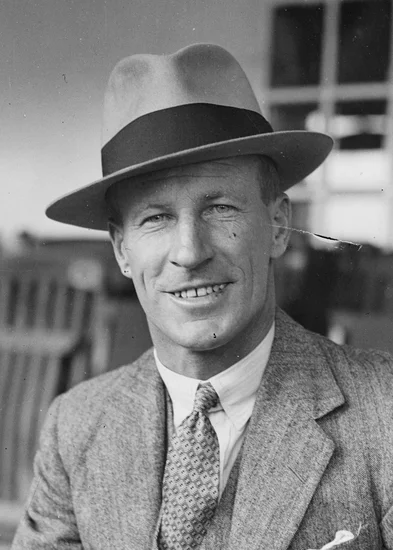
Charles Kingsford Smith successfully completed the first trans-Pacific flight in his Fokker Trimotor monoplane, the Southern Cross. This historic achievement connected Australia with North America via aviation for the first time.
The flight demonstrated the feasibility of long-distance ocean crossings and opened new possibilities for international travel. Kingsford Smith’s success marked a crucial milestone in the development of global aviation networks.
1958 – Aeroflot Flight 105 Crashes

Aeroflot Flight 105 crashed during its approach to Magdan-13 Airport, killing all 24 people aboard. The accident highlighted the dangers of aviation in remote and challenging terrain.
The crash prompted investigations into Soviet aviation safety procedures and equipment standards. This tragedy underscored the risks faced by passengers and crew in early commercial aviation.
1995 – Ansett New Zealand Flight 703 Crashes
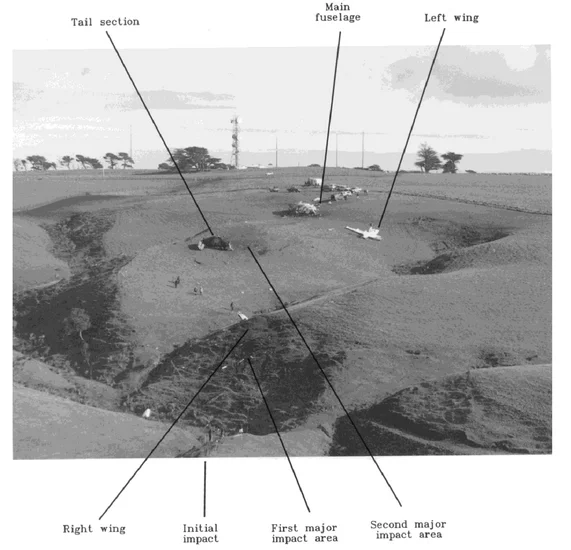
Ansett New Zealand Flight 703 crashed into the Tararua Range while approaching Palmerston North Airport. The accident killed four people and raised questions about aviation safety in New Zealand’s challenging terrain.
The crash investigation revealed important lessons about flight safety in mountainous regions. The tragedy led to improved navigation procedures and safety protocols for regional airlines.
Sports and Recreation on June 9
1979 – Luna Park Fire Tragedy
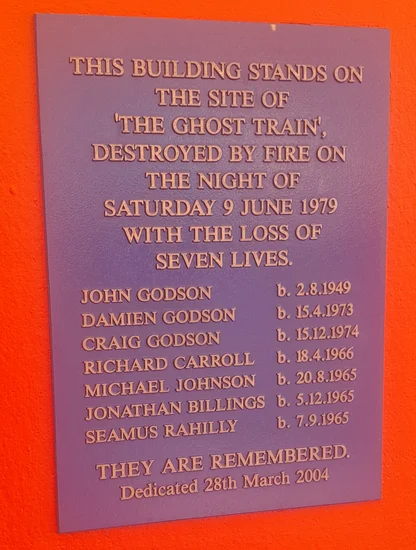
A devastating fire engulfed the Ghost Train ride at Luna Park Sydney, killing seven people. The tragedy shocked Australia and raised serious questions about amusement park safety standards.
The fire prompted comprehensive reviews of safety regulations at entertainment venues across Australia. The incident remains one of the darkest days in Australian amusement park history.
1972 – Motorcycle Racing Tragedy

Italian motorcycle racer Gilberto Parlotti died in a racing accident at the height of his career. The young rider had been considered one of Italy’s most promising motorcycle racing talents.
Parlotti’s death highlighted the extreme dangers faced by motorcycle racers in international competition. His tragic loss prompted renewed discussions about safety measures in motorsport.
1979 – Hockey Legend Dies
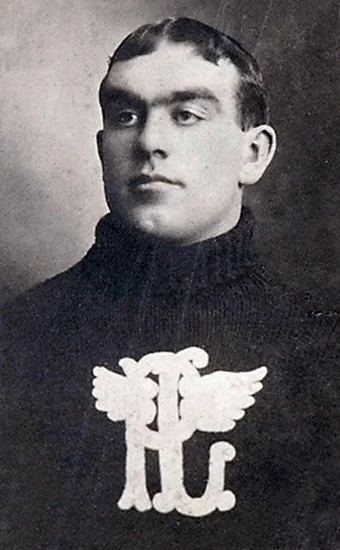
Cyclone Taylor, the legendary Canadian ice hockey player and civil servant, passed away. His exceptional career had helped establish hockey as Canada’s national sport during the early 20th century.
Taylor’s skating ability and scoring prowess made him one of hockey’s first superstars. His legacy as both an athlete and public servant exemplified the best of Canadian sporting tradition.
Notable Births on June 9
1916 – Robert McNamara Born

Robert McNamara entered the world, destined to become one of America’s most influential and controversial political figures. His analytical mind and business acumen would shape his future roles in both corporate and government leadership.
McNamara would later serve as Secretary of Defense during the Vietnam War era. His complex legacy encompasses both remarkable achievements in systems analysis and the tragic consequences of military escalation.
1963 – Johnny Depp Born

Johnny Depp was born, beginning a life that would transform him into one of Hollywood’s most distinctive actors. His early years showed little indication of the creative genius that would later captivate global audiences.
Depp’s unconventional approach to character development would redefine modern film acting. His collaborations with director Tim Burton and his iconic portrayal of Captain Jack Sparrow established him as a true movie star.
1981 – Natalie Portman Born

Natalie Portman was born in Jerusalem, later becoming one of the most accomplished actresses of her generation. Her intelligence and dedication to her craft would distinguish her in Hollywood’s competitive environment.
Portman’s academic achievements at Harvard complement her artistic success in films ranging from psychological thrillers to epic space operas. Her Oscar-winning performance in “Black Swan” demonstrated her extraordinary commitment to dramatic excellence.
1961 – Michael J. Fox Born

Michael J. Fox was born in Canada, beginning a journey that would make him one of the most beloved actors in entertainment history. His natural charisma and comedic timing would define 1980s popular culture.
Fox’s starring role in “Back to the Future” established him as a cultural icon. His later advocacy for Parkinson’s disease research has inspired millions and demonstrated courage in facing personal challenges.
1961 – Aaron Sorkin Born

Aaron Sorkin was born, destined to become one of television and film’s most distinctive writers. His rapid-fire dialogue and complex character development would revolutionize dramatic storytelling.
Sorkin’s work on “The West Wing” redefined political drama and influenced how Americans view their government. His screenwriting for films like “The Social Network” demonstrates his ability to capture contemporary culture.
1915 – Les Paul Born

Les Paul was born, beginning a life that would transform the music industry through innovation and creativity. His fascination with sound and electronics would lead to revolutionary advances in musical technology.
Paul’s development of the solid-body electric guitar and multitrack recording techniques changed popular music forever. His technical innovations provided the foundation for modern rock and roll and contemporary music production.
1978 – Matt Bellamy Born

Matt Bellamy was born, destined to become the creative force behind the progressive rock band Muse. His musical vision would blend classical influences with modern rock to create a unique sound.
Bellamy’s songwriting explores themes of political resistance and personal struggle with remarkable musical sophistication. His virtuosic performances and conceptual albums have established Muse as one of the most innovative bands of their generation.
1978 – Miroslav Klose Born

Miroslav Klose was born in Germany, beginning a journey that would establish him as one of football’s greatest goal scorers. His dedication and clinical finishing ability would define his professional career.
Klose’s World Cup scoring record demonstrates his exceptional talent on football’s biggest stage. His professionalism and sportsmanship made him a respected figure throughout international football.
Notable Deaths on June 9
1991 – Claudio Arrau Dies
Claudio Arrau, the distinguished Chilean-American pianist, passed away after a legendary career spanning decades. His interpretations of classical masterworks had established him as one of the greatest pianists of the 20th century.
Arrau’s technical mastery and emotional depth brought new dimensions to works by Beethoven, Chopin, and Liszt. His recordings continue to inspire pianists and music lovers worldwide.
2014 – Rik Mayall Dies

Rik Mayall, the groundbreaking English comedian and actor, passed away unexpectedly at age 56. His anarchic comedy style and memorable characters had revolutionized British alternative comedy.
Mayall’s work on “The Young Ones” and “Bottom” influenced an entire generation of comedians. His fearless approach to physical comedy and social satire established him as a true innovator in British entertainment.
2017 – Adam West Dies
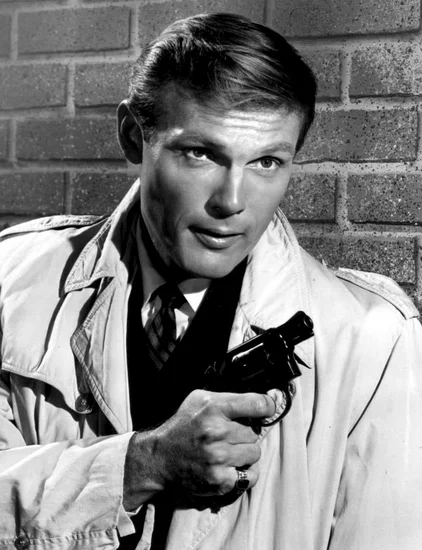
Adam West, the iconic American actor best known for playing Batman, passed away after a distinguished career. His portrayal of the Caped Crusader in the 1960s television series became a cultural phenomenon.
West’s deadpan delivery and commitment to the character’s earnestness made Batman both heroic and hilariously campy. His later voice work and cameo appearances demonstrated his good humor about his iconic role.
2011 – M. F. Husain Dies

M. F. Husain, India’s most celebrated modern artist, passed away in exile after a controversial career. His vibrant paintings and films had pushed the boundaries of Indian artistic expression.
Husain’s work blended traditional Indian themes with modern artistic techniques. His bold artistic vision made him a towering figure in contemporary Indian culture despite facing political persecution.
1989 – George Wells Beadle Dies

George Wells Beadle, the Nobel Prize-winning American geneticist, passed away after groundbreaking contributions to scientific knowledge. His research had revolutionized understanding of genetic inheritance and cellular biology.
Beadle’s work on the relationship between genes and enzymes earned him the Nobel Prize in Physiology or Medicine. His discoveries laid the foundation for modern molecular biology and genetic engineering.
1974 – Miguel Ángel Asturias Dies

Miguel Ángel Asturias, the Nobel Prize-winning Guatemalan author, passed away after a distinguished literary career. His novels and journalism had given voice to Latin American social and political struggles.
Asturias’s magical realism influenced generations of Latin American writers. His Nobel Prize in Literature recognized his contribution to understanding indigenous cultures and social justice.
1973 – Erich von Manstein Dies
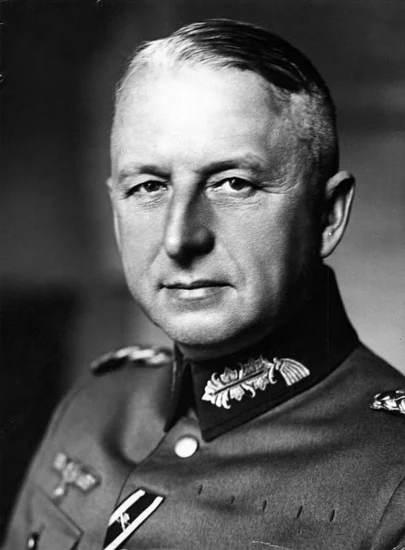
Erich von Manstein, the controversial German general, passed away decades after World War II. His tactical brilliance had made him one of Germany’s most effective military commanders.
Manstein’s strategic innovations, particularly his role in the fall of France, demonstrated exceptional military skill. His complex legacy reflects the moral ambiguities of military genius in service of a criminal regime.
1958 – Robert Donat Dies
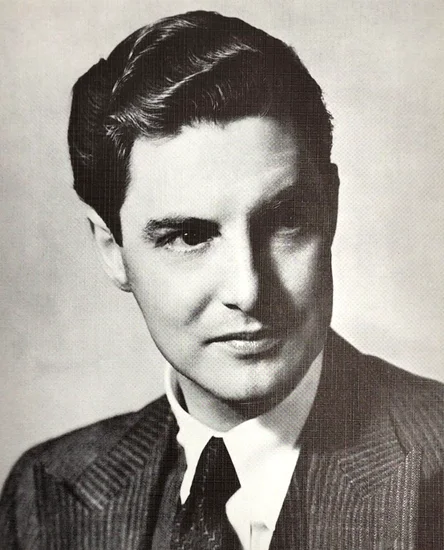
Robert Donat, the distinguished English actor, passed away after a career defined by memorable performances. His starring role in “The 39 Steps” had established him as one of Britain’s finest actors.
Donat’s Oscar-winning performance in “Goodbye, Mr. Chips” showcased his remarkable range and emotional depth. His refined acting style influenced British cinema throughout the mid-20th century.
Holidays and Observances on June 9
Anniversary of the Accession of King Abdullah II
Jordan celebrates the anniversary of King Abdullah II’s accession to the throne on this date. The observance honors the monarch’s leadership and Jordan’s constitutional monarchy.
This national holiday reflects Jordan’s stability and continuity in a volatile region. Citizens participate in ceremonies celebrating their nation’s progress under royal leadership.
Autonomy Day

The Åland Islands celebrate their Self-Government Day, commemorating the establishment of meaningful autonomy within Finland. This holiday reflects the unique political arrangement that grants the islands significant self-governance.
The celebration honors Åland’s cultural identity and political independence within the Finnish state. Local residents participate in festivals and ceremonies marking their democratic achievements.
National Heroes’ Day
Uganda observes National Heroes’ Day to honor individuals who contributed to the nation’s independence and development. The holiday celebrates courage, sacrifice, and patriotic service to the Ugandan people.
Citizens participate in ceremonies honoring both historical figures and contemporary heroes. The observance strengthens national unity and pride in Ugandan achievements and values.
